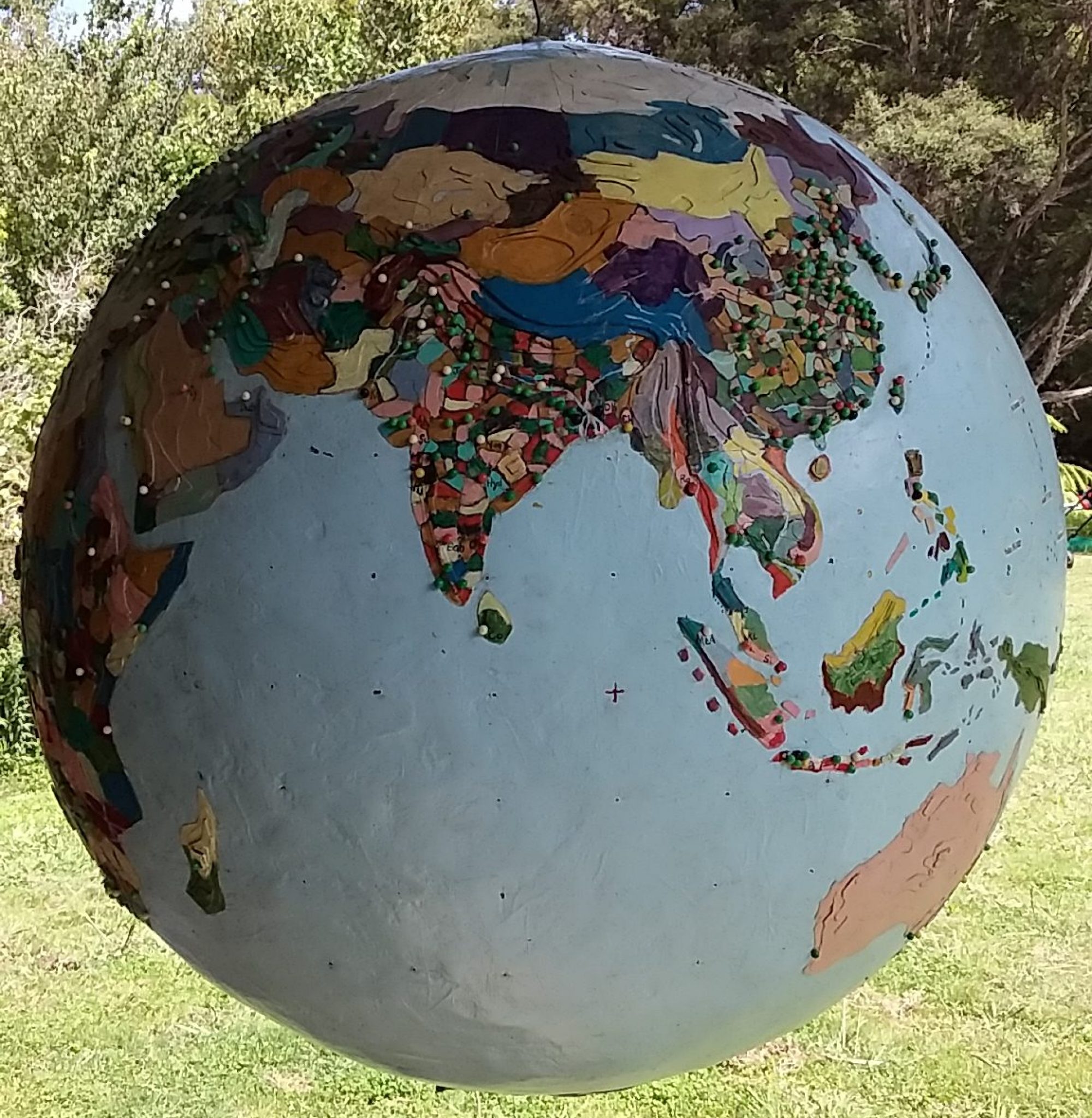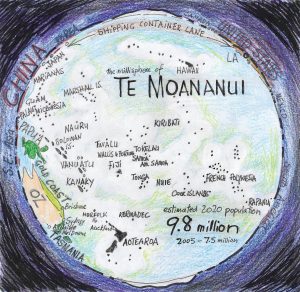Donald Trump/Hillary Clinton reality television show
Two American elections ago during their primaries, when Barak Obama beat Hillary Clinton for the candidacy of the Democrat Party, we found ourselves in El Paso USA. That night we had crossed from Juarez on the Mexican side. George Bush had recently given the Mexican government US 1.4 billion dollars worth of weaponry to fight the ‘war on drugs’, much of which ending up in the wrong hands. When we passed through, we were blissfully unaware that the Juarez police were holed up in their police stations, too frightened to come out, as two cartels battled for possession of the ‘plaza.’
‘Safe’ in the USA, I was outside our hotel winding down with a cigarette and met a fellow smoker sheltering from a bitter winter wind. He was attending a political meeting around the corner and invited me along. In a bar, a rally of Ron Paul libertarians supported their candidate, running against John McCain for the Republican nomination. They were an interesting bunch of outsiders: small businessmen, blacks, Navahos, gays and intellectuals for the unfettered right. A city councillor engaged me in conversation. “How does the rest of world see America?” she asked. “As a nation or individuals?” I asked. “As a country, how do you see the United States?” “Well for me,” I replied, “an arrogant bully.” “Can you give me an example?” she continued. “Good question,” I told her, “ in a motel in Chihuahua last night I watched CNN; ‘blessed are the peacemakers’ CNN said, referring to George Bush’s recent trip to Israel, the following item reported his next stop, Saudi Arabia, where he gave them US ten billion dollars worth of military equipment, well,” I concluded, “blessed indeed are the peacemakers, and cursed are the arms dealers.” There was a sharp intake of breath from the councillor – but she had asked.
Barak Obama went on to win the presidency and CNN opined about how far civil rights in their country had come when a black man could be installed in the oval office and there was hope that Obama could disentangle America from the war in the Middle East. By the end of Obama’s two terms, American police have become militarised with surplus equipment from the Middle East and blacks are getting increasingly vocal about being shot down in the street.
Meanwhile the Donald Trump/Hillary Clinton reality television show, currently beaming out of the USA on the global infotainment channels, shows us that life does indeed mimic art. A veteran reality TV star, Trump understands the value of shock for increasing ratings.
Just as ‘America needs a black president,’ was part of Obama’s appeal, now ‘America needs a woman president,’ is part of Clinton’s pitch. Should a woman become the next American president, expect CNN to celebrate gender equality at the highest levels of power – as the daughters of the’ Third Wave’ feminists aspire to be Kardasians, and their granddaughters star in their own porn movies. Either way expect America to continue spending half of its annual budget on ‘defence.’

